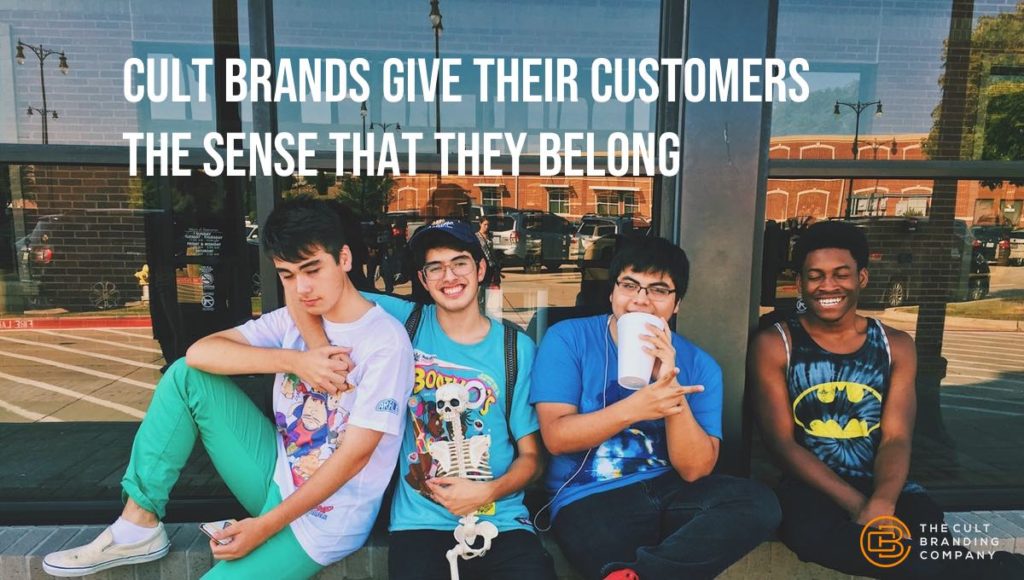
Human beings have a powerful, instinctive need to belong.
Abraham Maslow was the first to highlight this basic human need. After people meet their physiological and safety needs, they seek a sense of love and belonging. And, when the need for belonging goes unmet, humans become unhappy and behave in unhealthy ways.
The need to belong influences your enterprise both internally and externally.
The Need for Belonging in the Workplace
Within your organization, a sense of belonging is vital for productivity, collaboration, creativity, effective communication, and employee retention.
The workplace can be a stressful environment. As social animals, humans need a strong, secure emotional base to help relieve stress and recover from setbacks.
Close connections and a feeling of belonging in the workplace drives higher performance.
Companies that invest in cultivating their culture—creating an environment that supports employee well being and personal connections—have an unprecedented competitive advantage over businesses that simply offer a paycheck.
Why Customers Join Brand Communities
Fitting in is very important to human beings.
From the moment we are born, we are partly defined by the communities we belong to. Even the smallest baby is part of multiple communities: she is part of a family, an ethnic group, even a nation.
The original elements of our identity are provided for us. We can’t choose what family we’re born into, our ethnic heritage, or our country of origin. As we grow and develop, however, we can and do make choices that expand our identity.
One way we do this is by joining communities.
We join communities through our actions. Playing golf, for example, gains us entry to the community of golfers.
We join communities by sharing a common belief: the conviction that one must make planet-friendly choices brings one into the community of environmentalists.
The Driving Force Behind Customer Loyalty
Modern humans also join communities by making purchases. That’s the big secret behind Cult Brands: they give their customers the sense that they belong; their brand’s values become part of their own identity.
The need to identify with a group and feel a sense of belonging is so strong that some customers go so far as to “brand” themselves with the logo of the company they identify with. Brand tattoos, then, provide membership into a social group.
We’ve had the opportunity to interview followers of many of the world’s quintessential Cult Brands like Apple, Linux, Vans, Star Trek and Oprah.
A common theme we hear is the feeling of family.
Cult Brand members feel like they are part of the collective. They feel included, important, special.
So ask yourself:
Are we making our employees and customers feel part of a family?
Are we cultivating a workplace where employees feel a sense of connection to others?
Are we making a conscious effort to make our customers feel welcomed and important?
